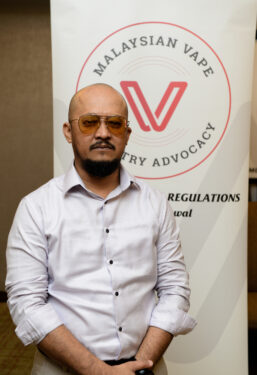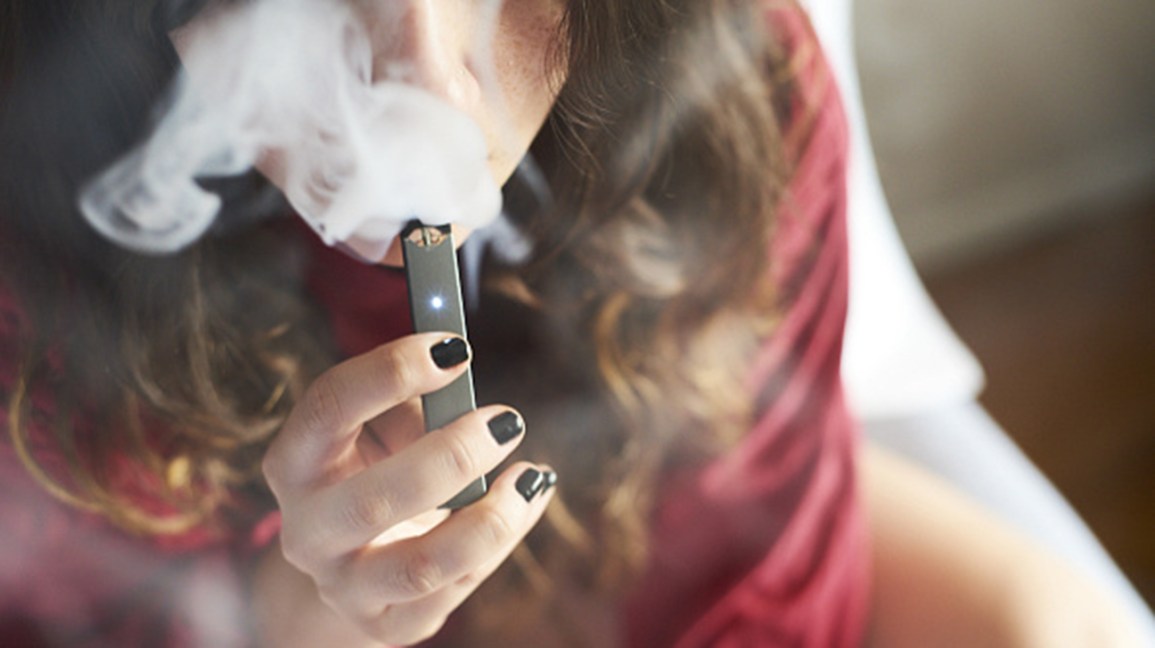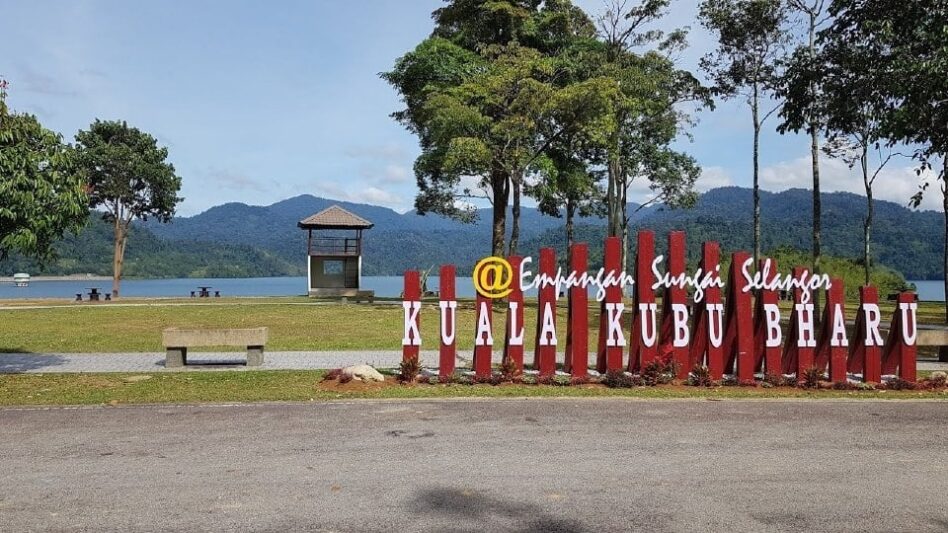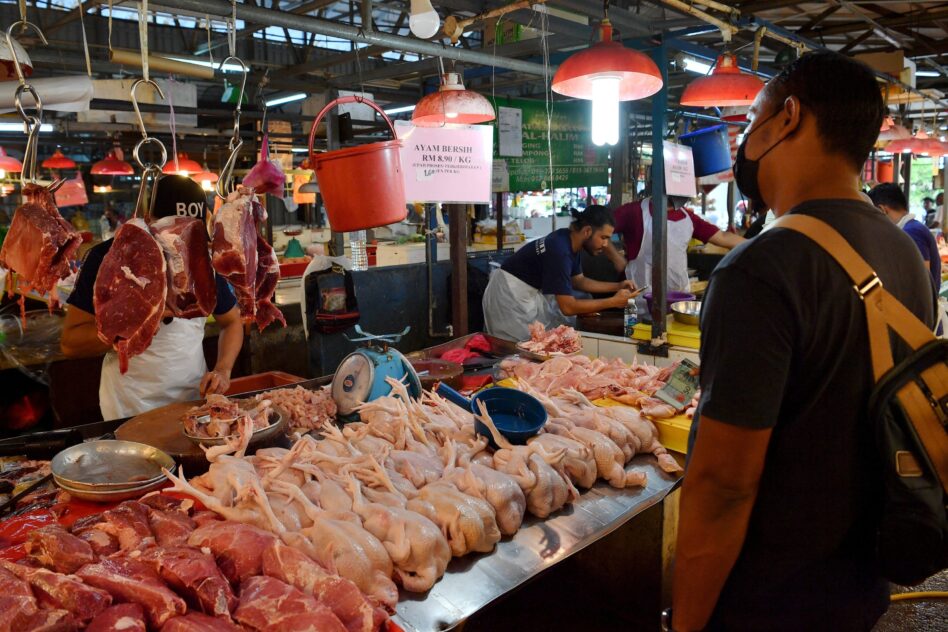THE local vape industry has urged the Government to urgently share the guidelines for the taxation of nicotine vape liquids which will be implemented starting Jan 1, 2022, which includes guidelines for the maximum amount of nicotine allowed in vape liquids.
In the 2022 Budget presentation last October, the taxation level for vape liquids was increased by 200% to RM1.20 per millilitre, including nicotine vape liquids.
The industry has also requested for the Government to review the excise tax rate as it is too high.
According to Malaysian Vape Industry Advocacy (MVIA) president Rizani Zakaria, the industry has yet to receive any information on the views that have been shared on the high tax rate, and the maximum level of nicotine allowed for vape liquids.

“Manufacturers and producers are still unsure about the tax rate that will be implemented, and the maximum levels of nicotine allowed in vape liquids set for sale. There are only a few days left to 2022 and the industry still does not have the information needed.”
Rizani said that the Government should not delay this matter as it will affect the operations of producers and manufacturers in the vape industry if information is not obtained before the implementation takes place.
He added that the tax rate will cause the price of vape liquids to increase.
Due to this, manufacturers and producers need to make initial preparations before entering the new year to avoid any disruption to their operations.
Furthermore, manufacturers and producers must also ensure that vape liquids with nicotine levels that exceed government guidelines to be removed from their stock.
All this requires preparation, and the industry has so far not received any updates from the Government, Rizani further noted.
On the maximum rate of nicotine, the industry has suggested for the Government to look at countries such as in the United States and the Philippines where the maximum rate set is 65mg per millilitre.
There are also examples in New Zealand where the maximum rate is 50mg per millilitre while most European countries are at the rate of 20mg per millilitre.
“The industry fully supports all the Government’s efforts and actions in working towards regulating the industry. We are ready to comply with any guidelines provided,” Rizani remarked.
“However, we hope that the Government can provide feedback immediately on this matter.” – Dec 29, 2021










